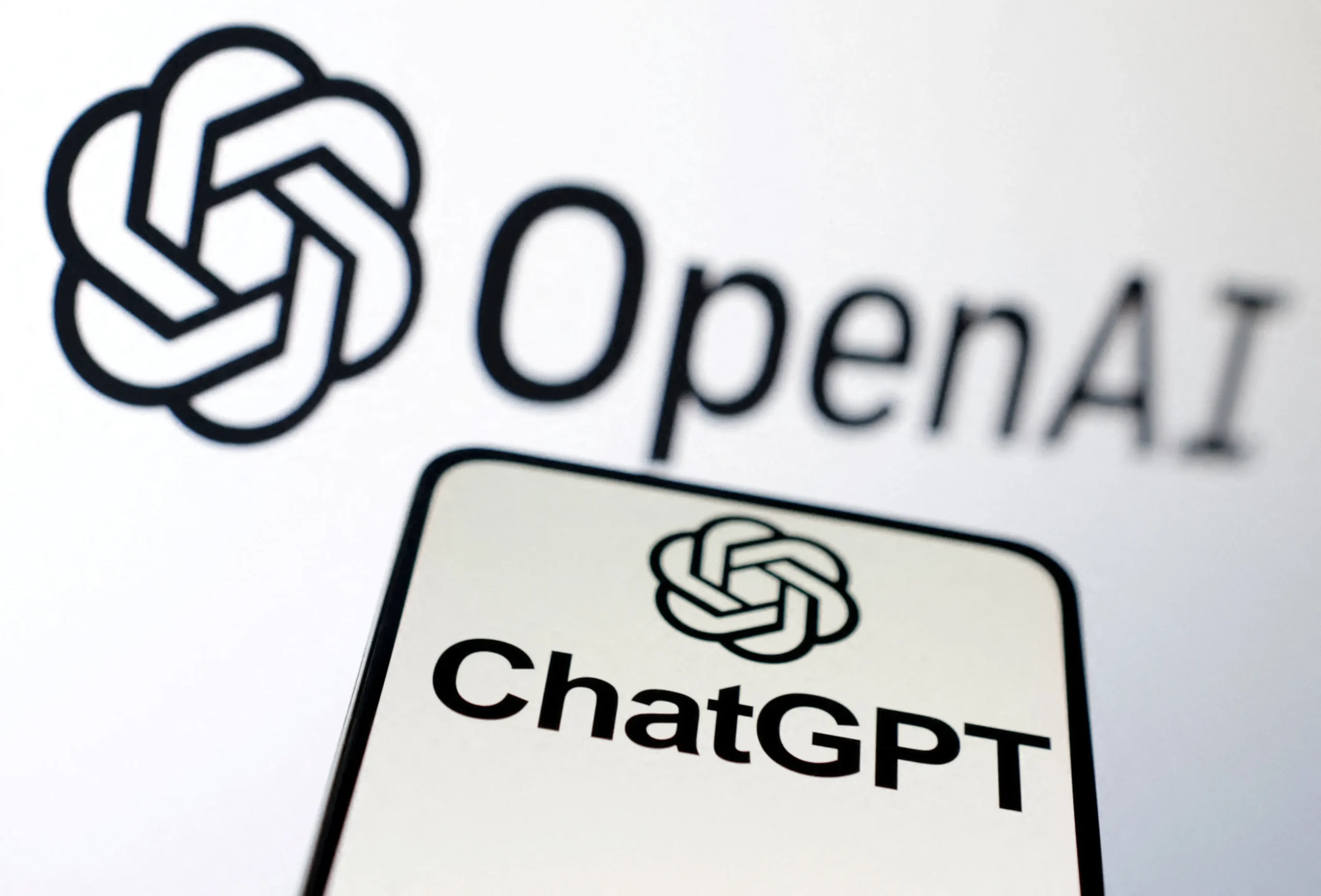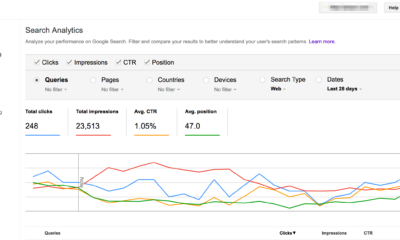Business
OpenAI claims The New York Times tricked ChatGPT into copying its articles

We have seen a lot of drama ever since ChatGPT was released by OpenAI and we have seen how the company was almost taken over by Microsoft then the whole saga of ousting the CEO Sam Altman and then him returning to fire the board which fired him was all witnessed by the public. But now, we are seeing something which could potentially change how we consume content. Because it is known that the New York Times has accused OpenAI’s ChatGPT of copying its content which is an infringement of copyright and OpenAI has been sued for the same.
Now, there is a twist in this tale as OpenAI claims that its ChatGPT bot was tricked into copying the articles from New York Times and this is how they explain it. OpenAI stated that “the Times had manipulated prompts to include regurgitated excerpts of articles. “Even when using such prompts, our models don’t typically behave the way The New York Times insinuates, which suggests they either instructed the model to regurgitate or cherry-picked their examples from many attempts,” and added that the Times is “not telling the full story”.
OpenAI further adds that “the Times refused to share examples of this reproduction before filing the lawsuit. It said the verbatim examples “appear to be from year-old articles that have proliferated on multiple third-party websites.” The company did admit that it took down a ChatGPT feature, called Browse, that unintentionally reproduced content.”
However, the company also continued on “its long-standing position that in order for AI models to learn and solve new problems, they need access to “the enormous aggregate of human knowledge.” It reiterated that while it respects the legal right to own copyrighted works — and has offered opt-outs to training data inclusion — it believes training AI models with data from the internet falls under fair use rules that allow for repurposing copyrighted works”. Now, this is a grey area with AI and Search Engines because if you want to use the content to train your language models then you need to pay for the same. However, as seen with Google’s Bard as well, its SGE will use the content provided by websites to summarize the articles which will reduce clicks to those sites and that is a problem.
-

 Domains5 years ago
Domains5 years ago8 best domain flipping platforms
-

 Business5 years ago
Business5 years ago8 Best Digital Marketing Books to Read in 2020
-

 How To's6 years ago
How To's6 years agoHow to register for Amazon Affiliate program
-

 How To's6 years ago
How To's6 years agoHow to submit your website’s sitemap to Google Search Console
-

 Domains4 years ago
Domains4 years agoNew 18 end user domain name sales have taken place
-

 Business5 years ago
Business5 years agoBest Work From Home Business Ideas
-

 How To's5 years ago
How To's5 years ago3 Best Strategies to Increase Your Profits With Google Ads
-

 Domains4 years ago
Domains4 years agoCrypto companies continue their venture to buy domains








